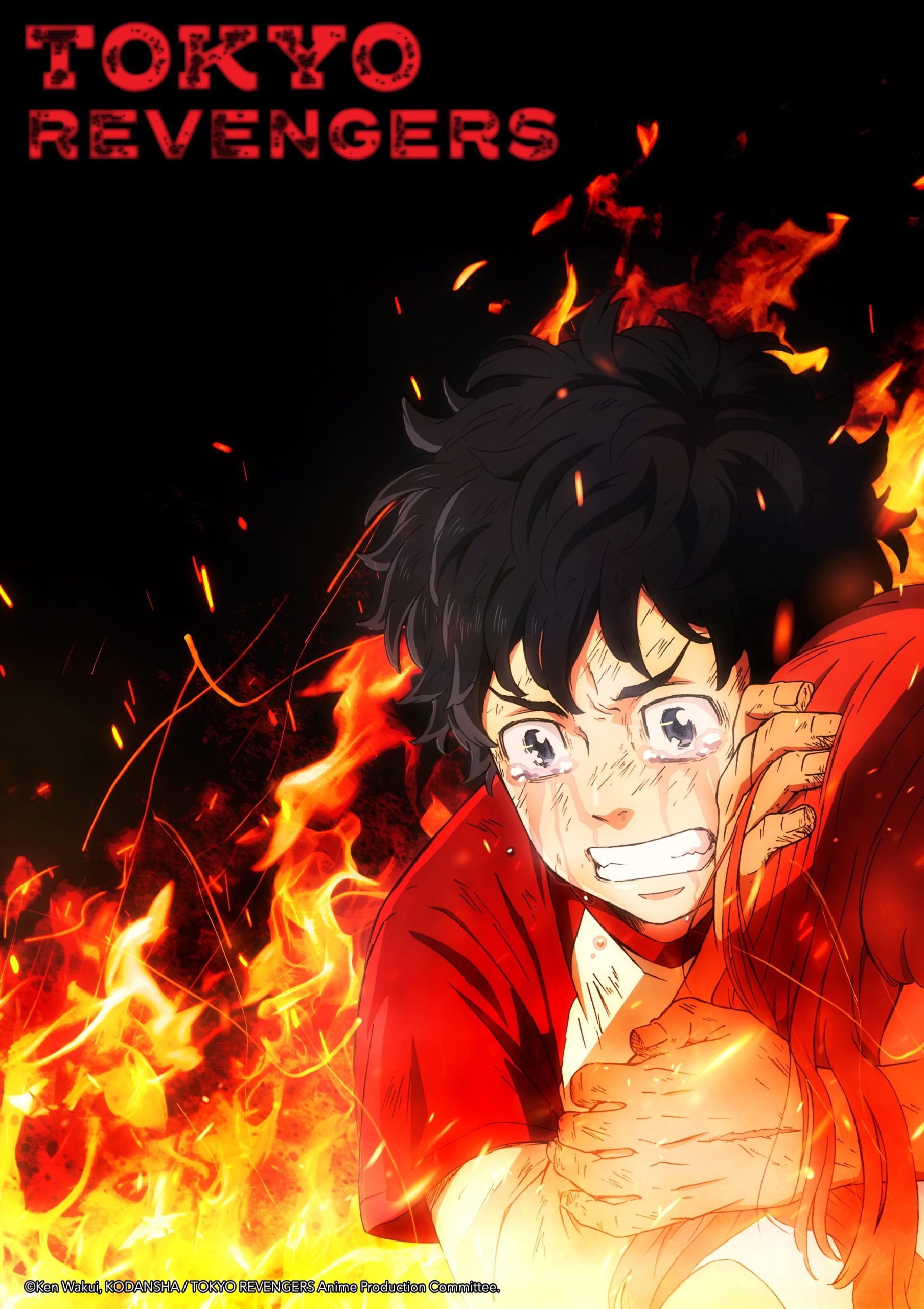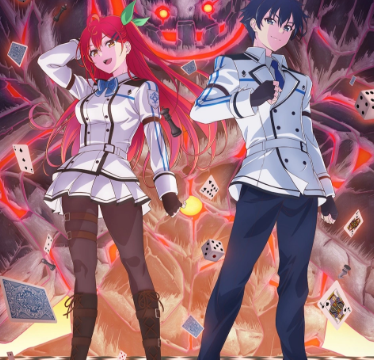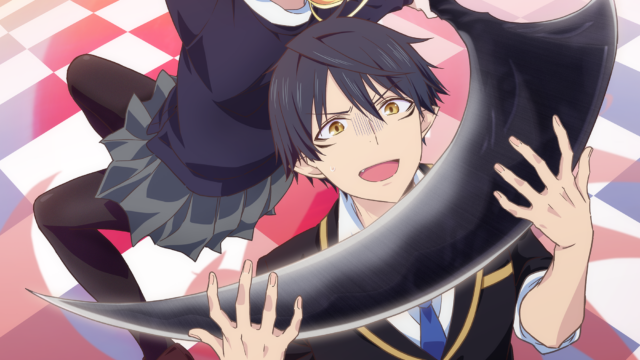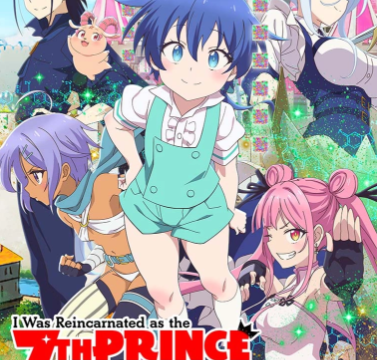English Dub Season Review: Tokyo Revengers Season One
Overview: To save the love of his life, Hinata Tachibana (Lizzie Freeman), from an untimely and harsh demise, part-timer, Takemichi Hanagaki (AJ Beckles), will journey back to his youth while keeping his friends safe from the danger that time travel and deadly gangs bring in the process.
Our Take: Aah, the adolescent days of our youth. They are often plentiful with exciting escapades such as staying up late at night and hanging out with friends, going on dates and getting into some kind of trouble. And of course it’s not all fun and games as it brings with it all the messiness in navigating our budding emotions, fluctuating hormones and pubescent developments. And who can forget the time traveling hardships and delinquent gang politics? Ok, so maybe that last part does not apply to most but it certainly does to the main protagonist of Tokyo Revengers, Takemichi Hanagaki.
The focus, but most importantly, the strength of the series lies in most of its main characters. Whether it’s the down-on-his-luck present day 26-year old or the goofy wannabe delinquent 14-year-old, Takemichi is a loveable guy you will root for and hope for throughout. He is your classic everyday man who is in love with his too-good-for-him, absolute sweetheart girlfriend, Hinata, and wishes nothing more than to save her from her cruel future fate while also saving his friends any equally brutal conclusion that may come from him meddling in the timeline. Takemichi and his friends have stupendous and relatable chemistry that very much gives the impression that they are a tight knit group of boys with how they joke around with each other and bust each other’s balls, so much so that it made me nostalgic for similar conversations I had previously during middle school and high school. Hinata is such a genuinely kindhearted and sweet girl that she will make your heart melt whenever she is onscreen with Takemichi cheering him on through his greatest struggles or picking up the broken pieces of what’s left of him after the fact. Takemichi’s partner-in-crime through his past hopping adventure and Hinata’s brother, Naoto Tachibana, while very much a plot device in thrusting Hanagaki back into his childhood and discussing current plot details, eventually comes into his own. Naoto have chemistry that evokes that of a
Unfortunately, while the character interactions between Hanagaki and his friends are well-executed, it’s incredibly short-lived with most of the crybaby hero’s friends, aside from a few, undeveloped and merely utilized to explain exposition to the main character. Besides an underutilized supporting cast, there are also character decisions that shift them into being obstacles and/or opposition for Takemichi, often suffering from uncompelling motivations. Also, when jumping back and forth from past and present, there is often dialogue that is much too on the nose with specific references to times and dates that feels contrived and unrealistic in how unlikely they would be brought up in an actual conversation. That’s not to say that time-traveling isn’t an interesting mechanic throughout, however. The evolving fabric of time creates a lot of constant ever-changing barriers that result in exciting and new challenges like that of shifting character dynamics, new enemies appearing, and different challenges being established.
Beyond the sci-fi elements, the gangs introduced as a whole are filled with an abundance of intriguing characters. The Tokyo Manji Gang, the gang Hanagaki must infiltrate and rise through the ranks of, consist of some memorable high-ranking officers, each with their unique varying personalities, within the merry band of misfits that have a dramatic effect on Takemichi in helping cultivate him in his coming-of-age quest as he also comes to understand there is more to these delinquents than what’s on surface. With every brutal trial and tribulation that cost him a friend or loved one, he grows along with his fellow gang members as their bond and trust strengthen over time with beautiful touching moments throughout that help reflect that. Takemichi, along with the series as a whole, also shows the painstaking struggles involved with changing for the better in a sobering realistic manner in how it is path walked that is constantly difficult and much easier said than done. Therefore, when Takemichi does succeed and or remain triumphant, the result is all the more gratifying, not just for the conclusion, but for the character and his growth as a whole. Other gangs also have some strong personalities that will leave a lasting impression in their eccentric energy in Valhalla. They have strong higher-ups as well that are haunting and opposing enemies for Takemichi and his friends.
Unfortunately, those great characters and moments don’t have equally phenomenal animation to boot. It is often boring and uninspired with a lot of stills and even character models that are funky-looking or awkward at times. Luckily inspiring emotional beats of music that help fill out heart-wrenching or uplifting help ease that shortcoming even though it can only do so much. The VO work across the board is incredible with the entire English dub cast fills into their roles nicely like AJ Beckles putting the scrawny awkward Takemichi through the mud and showing his newfound confidence on the other side of it, or Lizzie Freeman, the absolute ray of sunshine that is Hinata, acting as a guiding light and reliable shoulder for Takemichi to cry on.
While not everyone gets the same attention to detail, Tokyo Revengers dominates in character relationships/development in regards to the man in the making that is Takemichi, that also extends to some of his growing list of friends and enemies alike. All of this is centered around a thrilling, death-defying science fiction plot that can be hampered down by some lazy writing and forced character motivations, but does not take away from the heartfelt and honest coming-of-age story that it provides as a whole.























Hi Ashley, thank you so much for reading and we love the feedback. Note that on that day we had 14th posts go up and only ten posts show on the front page, so it's possible the preview had already been archived by the time you got to it. One recommendation would be to add our RSS feed to your favorite news aggregator service like Feedly, this way you get all of the latest posts!